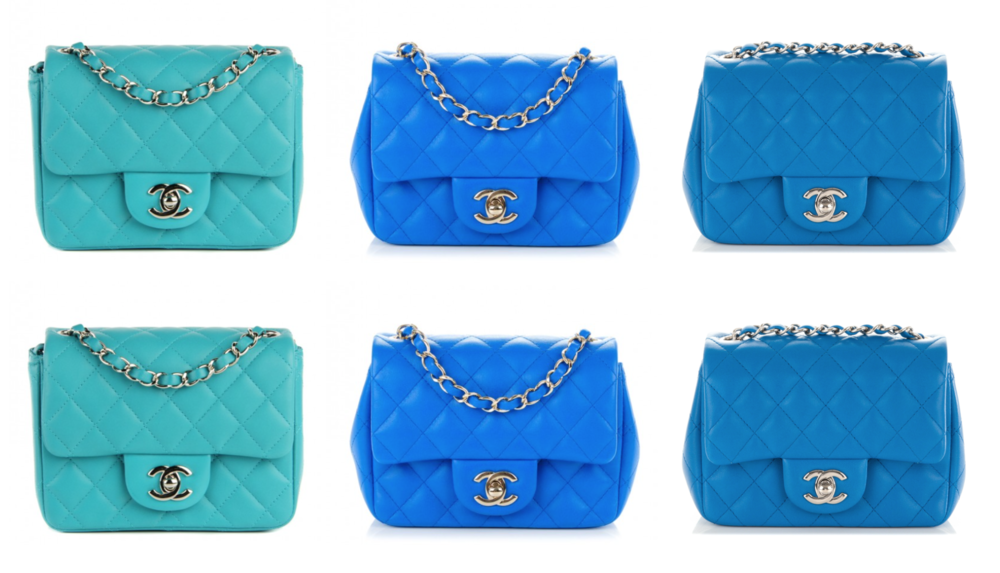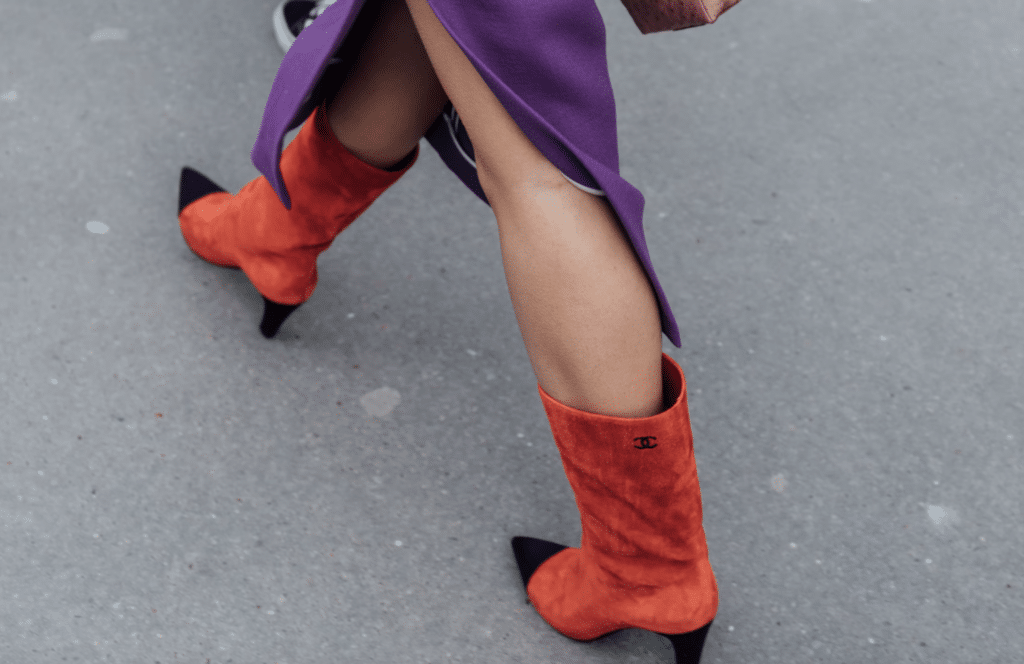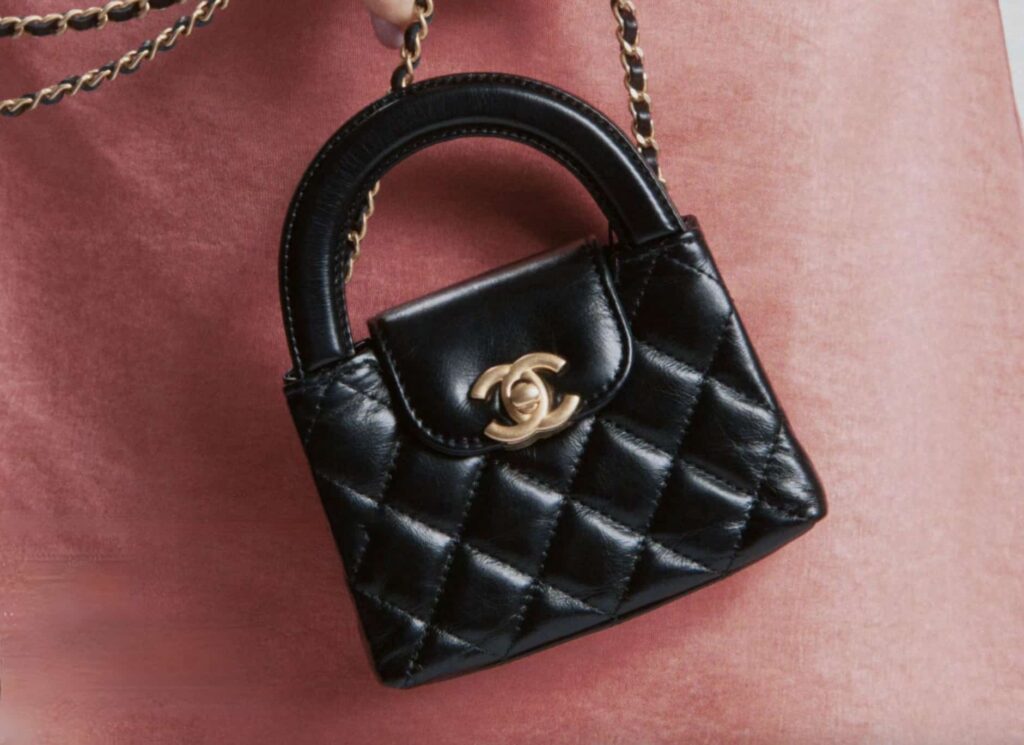Neiman Marcus is getting into the resale business. On the heels of a year-long partnership with The RealReal, the Dallas-based department store chain’s parent company, Neiman Marcus Group, is looking for something more permanent, taking a minority stake in Fashionphile, the luxury resale site that rivaled Louis Vuitton and Gucci as one of 2018’s “Most Searched Brands.” While the terms of the deal have not been disclosed, Neiman Marcus CEO Geoffroy van Raemdonck told WSJ that the “move is part of a strategy to increase Neiman Marcus’s reach.”
The partnership is likely a smart one. The resale market, which sees pre-owned garments and accessories sold at a discount, is currently worth more than $25 billion and is expected to reach $41 billion in revenue by 2022, according to a recent report from mass-market fashion resale site, Thredup. More than that, the fashion resale market has grown much faster – i.e., 21 times faster – than the retail market as a whole over the past three years, and is set to grow to nearly 1.5 times the size of fast fashion within the next 10 years, hitting a $64 billion evaluation by 2029.
“In a world where sales are swiftly declining for the many big retailers,” such as the likes of Neiman Marcus, “that’s huge growth,” says analyst Richard Kestenbaum, and it is growth that few established entities are willing to ignore, with the likes of Cartier’s parent Richemont scooping up a pre-owned watch e-commerce site, FarFetch buying sneaker resale site Stadium Goods, and Foot Locker making a “strategic minority investment” of $100 million in GOAT Group, the operators of the popular secondary sneaker market, GOAT – just to name a few of the recent deals in this buzzy space.
In terms of its plans for accessory-focused Fashionphile, Mr. van Raemdonck says that as of now, Neiman Marcus will not sell any secondhand products in its stores; purchases will continue to be centered around FashionPhile’s four brick-and-mortar locations and its e-commerce site. However, it is planning to set up Fashionphile “salons” in some of its stores. These shop-in-shops will serve as a concierge for consumers to drop off handbags, jewelry and other accessories, and as long as the products pass the necessary authentication test, the consumer will paid be on the spot for the goods.
“By allowing customers to drop off their preowned goods, [Neiman Marcus and FashionPhile] are simply providing a service they want,” Mr. van Raemdonck says. More than that, the companies are addressing – and aiming to ensure – one of the essential elements of the resale model: supply, which, for most resellers, comes exclusively from consumers.
And still yet, Mr. van Raemdonck notes that the by bringing FashionPhile into the fold, the retailer – which is currently facing an estimated $4.8 billion in debut – can get “customers to think of us for all the categories we sell, but also those we don’t currently offer,” including resale.











